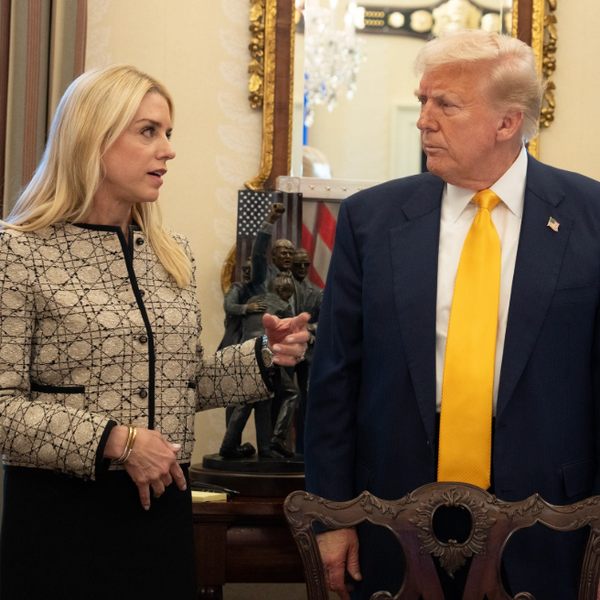
Reprinted with permission from Alternet
When President Donald Trump pulled American troops out of northern Syria, virtually giving Turkey’s President Recep Tayyip Erdogan the green light to attack the region’s Kurds, he likely didn’t anticipate a key factor that might get caught in the crossfire: control of U.S. nuclear weapons.
Erdogan’s forces have been raining down terror on the Kurds, long considered to be key U.S. allies in the fight against ISIS, exactly the horrifying scenario that critics of Trump’s move predicted. Turkey even fired on an outpost of U.S. special operation forces. It’s a fraught scenario for the United States to find itself in, made all the more dangerous by the fact that Turkey, itself a NATO ally, is home to an estimated 50 American nuclear weapons. The New York Times reported:
And over the weekend, State and Energy Department officials were quietly reviewing plans for evacuating roughly 50 tactical nuclear weapons that the United States had long stored, under American control, at Incirlik Air Base in Turkey, about 250 miles from the Syrian border, according to two American officials.
Those weapons, one senior official said, were now essentially Erdogan’s hostages. To fly them out of Incirlik would be to mark the de facto end of the Turkish-American alliance. To keep them there, though, is to perpetuate a nuclear vulnerability that should have been eliminated years ago.
“I think this is a first — a country with U.S. nuclear weapons stationed in it literally firing artillery at US forces,” Jeffrey Lewis of the James Martin Center for Nonproliferation Studies wrote last week.
The fact that American nuclear weapons have been housed in a country with an increasingly authoritarian leader like Erdogan would be concerning enough. The calamity now playing out before the world shows exactly why this state of affairs can suddenly veer toward disaster and should have been ended years ago.
The Times noted, too, that Erdogan recently expressed the desire for his regime to obtain nuclear weapons of its own, despite international rules limiting proliferation.
But the current mess was triggered, in part, by a phone call Trump had with Erdogan just over a week ago, leading to his announcement of the withdrawal of U.S. troops. Trump has claimed that this decision was in line with his promise to avoid and cease the United States’ “endless wars,” but it seems to have triggered a new terrifying conflict of its own. And at the same time, Trump has authorized sending thousands of troops to protect Saudi Arabia, far outnumbering the minimal force that had been held in northern Syria.








